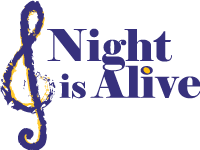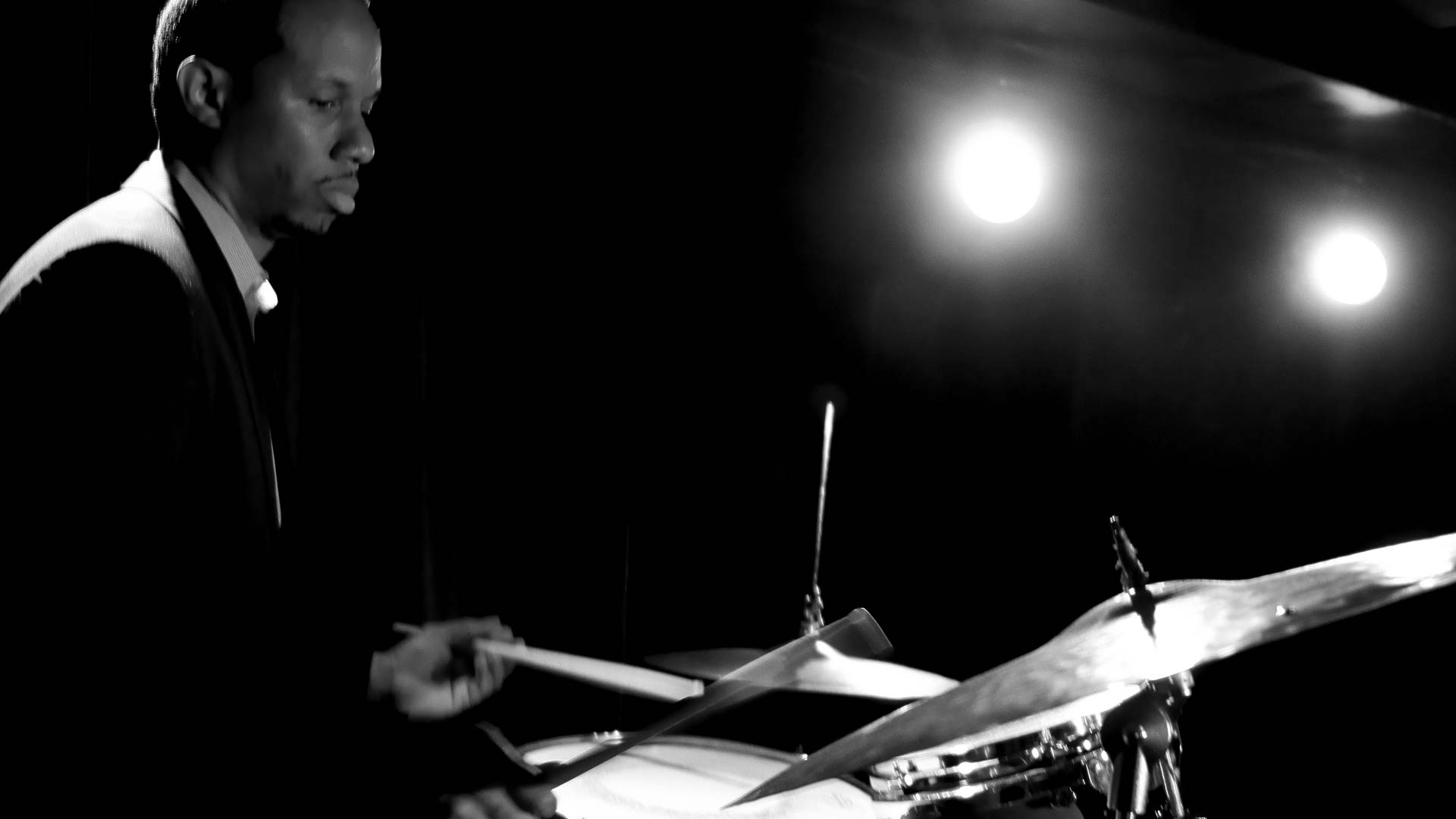Melody Gardot “Our Love is Easy”
We’re sharing our Valentine’s Day song picks to help fill out your playlist for your date night or your self-care time. Last time, we shared “I Only Have Eyes For You” by Carmen McRae. This time, we’re sharing a song from a contemporary artist.
Melody Gardot
“Our Love is Easy”
Deep within your heart,
You know it’s plain to see
Like Adam was to Eve,
You were made for me
They say the poisoned vine
Breeds a finer wine
Our love is easy
“Our Love is Easy” is from Gardot’s second studio album, My One and Only Thrill. Her sound has been described as soft-edge, late-night jazz. “Our Love is Easy” is the type of song you can listen to when you want to think about just how good and effortless your relationship is. Even though this song was released in 2009, it has a classic and very memorable sound thanks to the composition and Gardot’s sultry voice.
It’s amazing how Gardot has flourished despite a major setback. At 19, she was hit by an SUV while she was riding her bike. The accident pretty much shattered her body. She was unable to sit for more than 10 minutes, she experienced short-term memory loss and she developed an acute sensitivity to light and sound.
Fast forward to now. Gardot has released eight albums, been nominated for a Grammy and has toured all over the world. Music was pretty much her saving grace. And her love for it has helped her beat the odds. Gardot has been influenced by legends like Judy Garland, Janis Joplin, Miles Davis, Duke Ellington, Stan Getz and George Gershwin as well as Latin music artist, Caetano Veloso.
What’s your favorite song for Valentine’s Day? Let us know in the comments.






